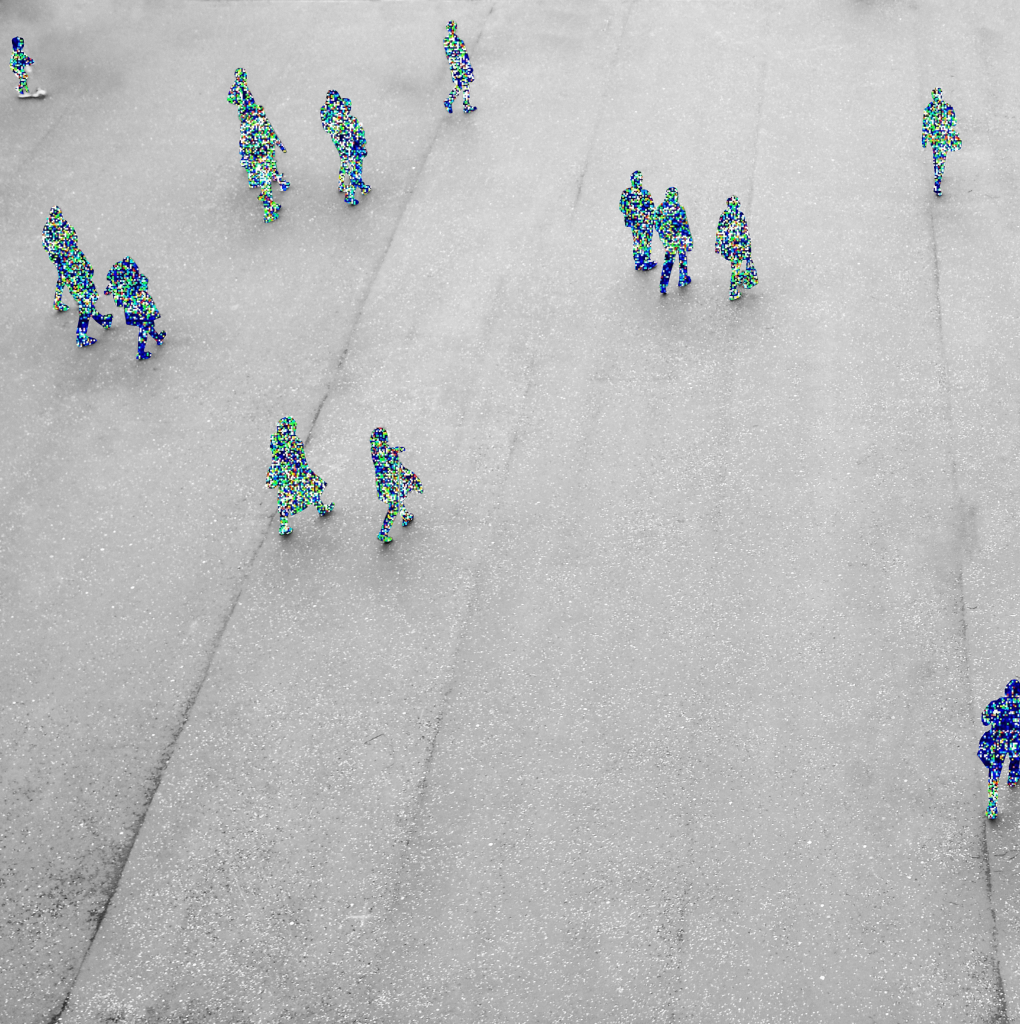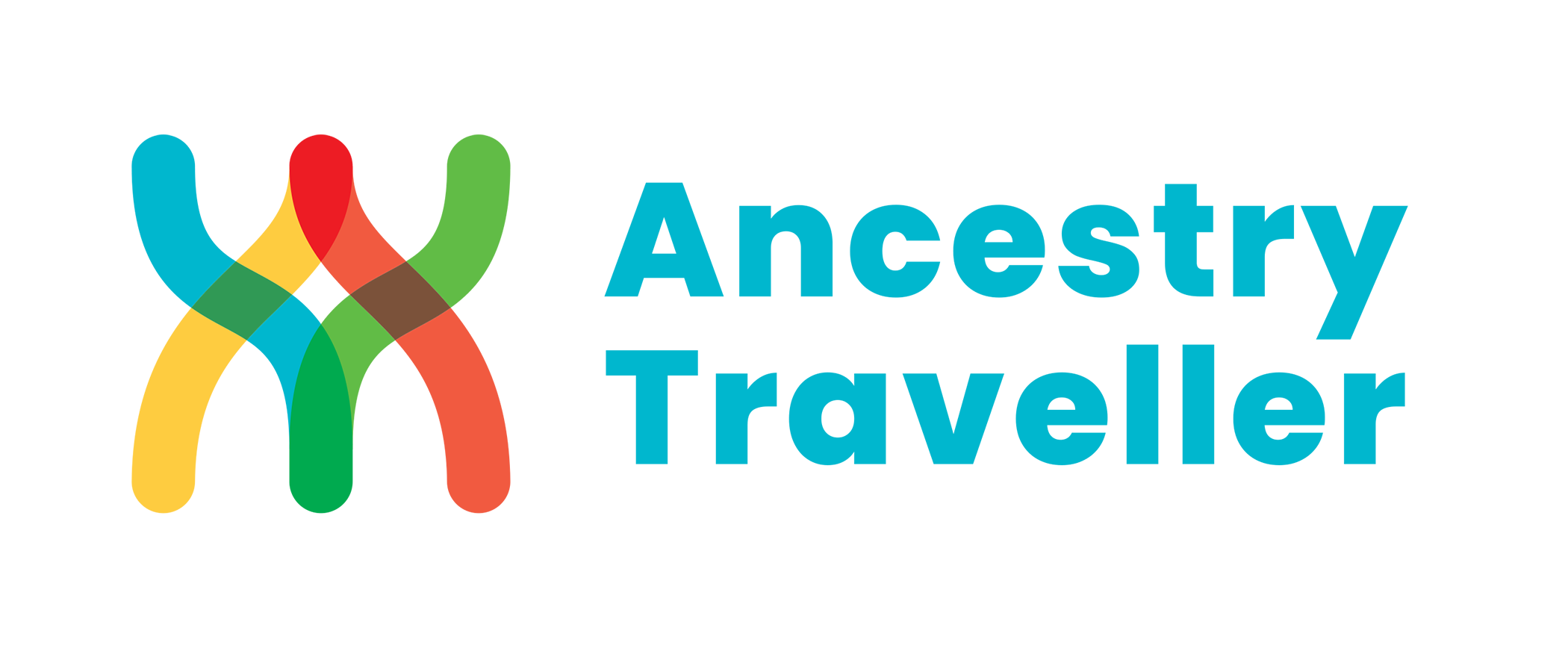Call for Drawing
Genetics & Identity
Overview
The interplay between an individual’s inner self and their social identities can lead to a sense of personal construction and belonging.
Biology and bodies may be socially constructed, but there is also a relationship between genetics and identity, as well as between genomics and some social practices. On the other hand, some social practices may contribute to forming both our physical and social identities.
So, how does genetics affect who we are? To what extent are we shaped by our genes, education, culture, or experience? What defines our identity, and how significant a role does genetics play in it? Have you ever thought about whether you have (or what type of relationship you might have) a cultural or ancestry relationship with any of the native populations of the parts of the world where the fleet of the first circumnavigation voyage landed?
Can knowledge of our genetic ancestry change our perception of our identity? We invite you to participate in a challenge to explore through art practice (drawing) these questions.

How it Works
This call is the culmination of a research project on HUMAN DIVERSITY ALONG THE MAGALHÃES CIRCUMNAVIGATION SPACE: genetics, history, and culture, and it convenes an explorative and selective process in three stages. Participants must commit to taking part in all of them.
- In the first stage, applicants must submit a motivation letter explaining their will to participate in this project, along with a short portfolio, biography and sign a commitment to participate in all subsequent stages;
- The second stage will include a selection of a maximum of 12 artists that shall move on to attend an ancestry genetic test workshop led by researcher Luísa Pereira;
- The third stage is dedicated to creative research, and it consists of an individual process of production of drawings. The artifacts will be exhibited in the final stage of this process. The exhibition may travel to other places.
A selection of works for the exhibition shall happen at the end of October.
The drawings are the property of the authors, but participants need to grant i3S permission to travel with the exhibition for a period of 30 months, after that period the drawings shall be returned to their authors.
Selection, Genetic Ancestry Workshop, and distinction
Those selected will be offered an ancestry genetic test workshop with researcher Luísa Pereira. The ancestry test only addresses this theme; no genetic susceptibility to diseases will be analyzed.
In the first stage, the jury will select up to 12 visual artists whose work shows potential for portraying their will to explore genetics and identity. The selection will be based on motivation letters and portfolios, and diversity criteria will be used to build the final group of applicants.
Each participant shall receive their ancestry report. This experience with genetic testing will serve as a starting point for a broader reflection and discussion on genetics and identity. The test will be accompanied by an (1st) introductory session explaining the test and basic concepts of population genetics, and a (2nd) session explaining the test results. The results are individual and confidential.
All selected artists’ work (drawings) will be shown at i3S on a collective exhibition in November 2023 / January 2024, and the exhibition may travel to other places. A catalog presenting these works and contextualizing the process and the exhibition will be produced at this stage
Distinction award/production fee
All selected authors shall receive a certificate of participation, an ancestry report, a production fee of 400 euros, and a copy of the catalog book.
What You Need to Do
To participate, submit a biography and a drawing portfolio in the first stage. The selected artists will be invited to participate in sessions with researchers and offered an analysis of their genetic ancestry. Those who don’t wish to participate in this session or don’t agree to sign the informed consent for genetic testing are free to withdraw from the process at this stage.
Evaluation Procedure
1st Stage:
The project team will review the minimum formal requirements (i.e., that the required information and documentation were submitted) and forward them to a jury consisting of expert individuals who will select the participants according to the materials submitted.
2nd Stage:
Participants will engage in an ancestry testing workshop that has two sessions. Participants who decide not to proceed with the individual ancestry and genetic testing after the first session or do not agree to the informed consent are free to drop out of the challenge. Depending on the drop-out rate, some applicants who are still on the waiting list for the first stage may be called.
3rd Stage:
The third stage will be a collective exhibition of artifacts. A selection of works for the exhibition shall happen at the end of October.
Artists can require tutoring throughout their production phase. All will be informed of the gallery space, curatorial decisions, and installation conditions. A catalog shall be produced at this stage.
Participation conditions
Open to all, of any age and any nationality if the conditions of the first stage are fulfilled and participants commit to being available to come to Portugal/Porto for the 2 dates workshop in order to participate (workshop lasts 2 hours each day).
It is not possible to submit for somebody else.
Members of the jury are not allowed to participate.
The authors retain copyrights and the originals but grant permission to i3S for reproducing the catalog and also to travel to the exhibition for a period of 30 months, after that period the drawings shall be returned to their authors.
For more information: ancestrytraveller@i3s.up.pt
Important dates
- 5th May 2023 – Deadline for applications
- 10th May 2023 – Notification to selected artists
- 17th May + 19th July 2023 – Workshop with researcher Luísa Pereira
- 30th October 2023 – Submission of final drawings
- Late 2023, early 2024 – Exhibition opening
Jury
Filipa Oliveira
Joana Barbosa Pereira
Júlio Borlido Santos
Luisa Pereira
Maria Manuela Lopes
Mário Bismarck
Philip Cabau
About the Jury
Filipa Oliveira
Filipa Oliveira is since 2018 Curator and Programmer of Visual Arts at Almada City Council, in charge of the artistic direction of Casa da Cerca, Municipal Gallery of Almada, and Convento dos Capuchos. Between 2015 and 2017 she was the artistic director of the Eugénio de Almeida Forum in Évora. As an independent curator, collaborating with institutions such as Centro Cultural de Belém (Lisbon), Kettle’s Yard (UK), John Hansards Gallery (UK), Tate Modern (UK), Fundação Calouste Gulbenkian Centro de Arte Moderna (Lisbon), Fundação Carmona e Costa ( Lisbon), Fondation Calouste Gulbenkian (Paris), Museu Colecção Berardo (Lisbon), Crac Alsace (France), Kunstverein Springhornhof (Germany), Ffotogallery (UK), Mead Gallery (UK), Frieze Projects (UK), Stills Gallery (UK ), between others. She was assistant curator at the 28th Bienal de São Paulo in 2010 and in 2012 she was guest curator of the Satellite project at Jeu de Paume, Paris, where she curated individual exhibitions by Jimmy Robert, Tamar Guimarães, Rosa Barba, and Filipa César. In 2022, she was co-curator with Elfi Turpin (Crac Alsace) of the 4th edition of the biennial Anozero – Bienal de Arte Contemporânea de Coimbra, which had the title “Midnight”. It has an extensive list of participations in catalogs and publications. He has written essays and exhibition reviews for Arte Contexto, Contemporary, Flash Art, L+Arte, Revista Contemporânea, Artforum, Contemporânea, and Umbigo.
Mário Bismarck
Mário Bismarck is a visual artist and full professor of Drawing at the Faculty of Fine Arts of the University of Porto. He is an integrated researcher at the Institute for Research in Art, Design and Society (i2ADS) and researcher-responsible for the DRAWinU / Drawing between borders project at the University. He has participated in several conferences, seminars, and round tables related to Design and has published some texts in specialized magazines. As a plastic artist, he held several individual exhibitions of painting and drawing and participated in more than 100 collective exhibitions, having participated in a first collective exhibition in 1978 and held his first individual exhibition in 1982. It is represented in public and private collections.
Joana Barbosa Pereira
Joana Barbosa Pereira graduated in Biological Sciences in 2008 at the University of Aveiro and completed her Ph.D. at the University of Leeds in 2013, where she studied modern humans genetic diversity to infer the past of human populations. Ever since Joana is a research scientist at i3S applying her know-how in human population studies to determine the possible influence of different mutations on the susceptibility of complex diseases such as cancer. Joana is a co-author of 16 publications in peer-reviewed papers with an h-index of 13.
Luísa Pereira
Luisa Pereira is a researcher since 2004 and leads the group on Genetic Diversity since 2006. She is a population geneticist, and being interested in describing the worldwide diversity in order to infer the evolution of the human species and to evaluate the influence of ancestry in the susceptibility/resistance to complex diseases, particularly cancer and dengue fever. She is internationally recognized for her research on mitochondrial DNA phylogeography, particularly in Europe, Africa, and Arabian Peninsula. She led four FCT-funded projects and co-applied to two European Union-funded (a Marie Curie initial training network – EUROTAST- and a FP7 – DENFREE) projects. She is a co-author of over 80 peer-reviewed papers published in international journals and has an h-index of 28.
Philip Cabau
Philip Cabau is Senior Lecturer at ESAD.CR / Polytechnic of Leiria and integrated researcher of LIDA, Research Laboratory of Design and Arts. Author of several books and essays on Drawing and its education, he has developed, as an architect, several projects in the areas of architecture, scenography, exhibition design, and furniture. He currently coordinates the European project MID – Mirror Identity Drawings, integrated in the UNESCO Chair – Management of Arts and Culture, Cities and Creativity, of the same institute.
Júlio Borlido Santos
Júlio Borlido Santos Head of i3S’s ComUnit. Biologist and science communicator. He led IBMC.INEB Office for Science Communication worked as a life sciences researcher, schoolteacher, and demonstrator at UPorto. He organizes, promotes, and teaches advanced training for scientists and other audiences on “Science, Ethics and Society”; he is a member of several national and international Science with Society projects, namely some on RRI. He is a member of the General Council of Carolina Michaëlis School cluster; a member of the Communication Council of UPorto; a former vice-president of Scicom.pt network, a former vice-president of i3S Council Ethics and Responsible Research, and was/is a member of other advisory boards. He has curated/participates in some exhibitions in science, science communication, and art-science interfaces.
Maria Manuela Lopes
Maria Manuela Lopes is a visual artist whose practice is transdisciplinary, investigating relations of memory and identity informed by biological sciences and medical research; his project materializes in varied formats within the visual arts resulting in sculptures, multimedia installations, drawings, and performances. He studied sculpture at FBA-UP and has an MA from Goldsmiths in London. Maria Manuela Lopes has a Ph.D. in Fine Arts and New Media from the University of Brighton and UCA-Farnham in the UK. Conducted a Postdoc in Research for Artistic Practice at the Universities of Aveiro and Porto – i3S Institute for Research and Innovation in Health. She is an Adjunct Professor of Visual Arts at ESE – Politécnico do Porto IPP and a researcher at the i3S Institute for Research and Innovation in Health, as co-responsible for the interface Art/Science and Cultural Dissemination. Maria Manuela Lopes has curated several international exhibitions and her work has been presented nationally and internationally. He was several times a jury in the field of the arts and has numerous national and international publications in the field of design and visual arts. She belongs to the Board of the International Academy of Music “Achilles Delle Vigne” and is also co-founder and Deputy Director of the Portuguese artist residency programs: Ectopia – Laboratório de Arte Experimental and Cultivamos Cultura.
